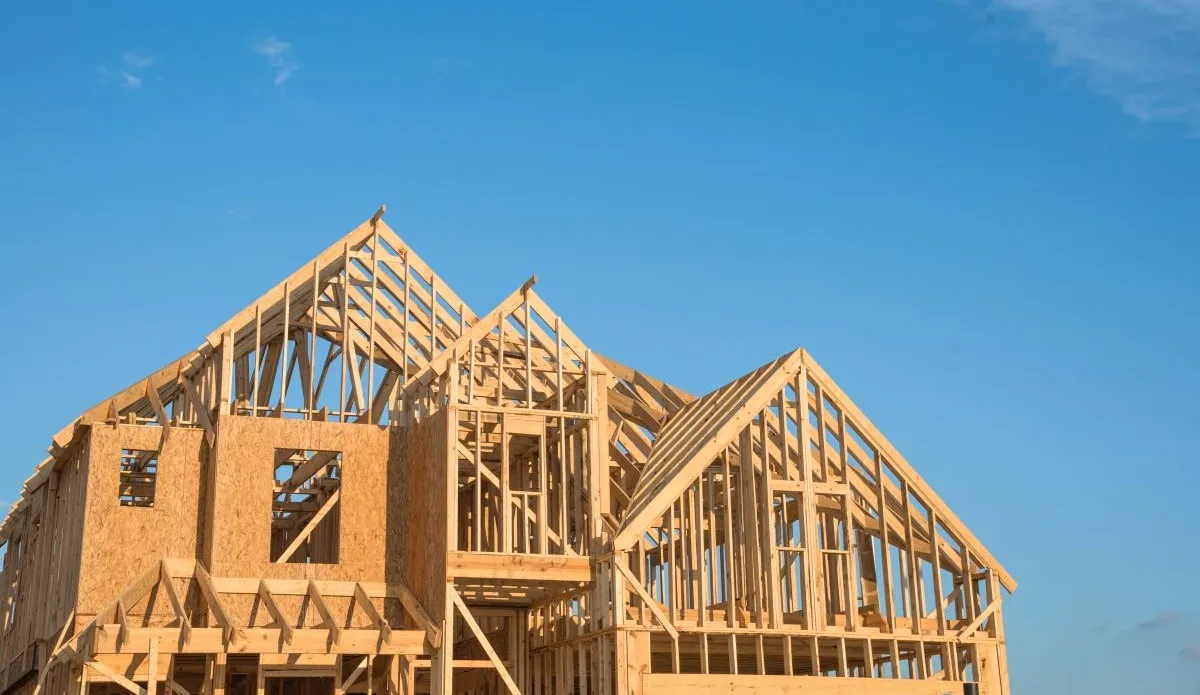Constructing a new home is a big dream of every individual and you could able to save your nest according to your style and preferences. It definitely provides lots of happiness and mental satisfaction but we need to be responsible towards the environment while constructing our new home to avoid bad impacts and today we will be listing some essential things that you must consider while constructing home in 2024. So without making any further delay let’s get into the article to check out the essential things to consider while constructing home in 2024.
Energy-Efficient Design:
When embarking on the journey of constructing or renovating a home, selecting an energy-efficient design is paramount. This decision sets the foundation for a sustainable living space that not only minimizes environmental impact but also enhances cost-effectiveness in the long run. Integrating features such as ample natural lighting, proper insulation, and energy-efficient appliances ensures optimal energy utilization. Incorporating solar systems further augments sustainability efforts by harnessing renewable energy sources, thereby reducing reliance on traditional power grids. Beyond mitigating carbon emissions, embracing solar energy presents a tangible opportunity to curtail electricity expenses over time, offering both ecological and financial benefits.
Water Conservation Systems:
Water, as a precious resource, necessitates prudent management to safeguard its availability for future generations. Implementing water conservation systems constitutes a proactive approach towards minimizing water consumption. This includes the adoption of water-saving technologies and practices such as installing water-efficient fixtures and harvesting rainwater for non-potable uses. Additionally, landscaping with drought-resistant plants not only conserves water but also fosters ecological balance within the local ecosystem. By conscientiously managing water resources, individuals contribute to the preservation of this invaluable resource for generations to come.
Environmentally Friendly Materials:
Selecting construction materials with minimal environmental impact underscores a commitment to sustainable building practices. Prioritizing recycled or reclaimed materials reduces the demand for virgin resources, thereby mitigating environmental degradation associated with resource extraction. Moreover, opting for products with eco-friendly certifications ensures compliance with stringent environmental standards, promoting healthier indoor environments while simultaneously reducing ecological footprint. By embracing environmentally friendly materials, individuals uphold principles of responsible consumption and contribute to the transition towards a more sustainable built environment.
Smart Home Technology:
Embracing smart home technologies empowers homeowners to optimize resource usage while enhancing overall sustainability. Integrating smart thermostats, lighting systems, and home automation enables precise control over energy consumption, fostering energy efficiency without compromising comfort. By leveraging technology to monitor and regulate resource utilization, individuals can curtail waste and minimize environmental impact, thereby promoting eco-conscious living practices. Smart home technologies serve as a cornerstone for sustainable living, offering innovative solutions to address contemporary environmental challenges while enhancing quality of life.
Waste Reduction and Recycling:
Efficient waste management practices are essential for minimizing environmental footprint throughout the construction and habitation phases. Implementing waste reduction strategies during construction, such as reusing materials and responsibly disposing of debris, mitigates the generation of construction waste. Integrating recycling systems for both construction and household waste further promotes sustainability by diverting waste from landfills and facilitating resource recovery. Additionally, incorporating recycled or upcycled furnishings for interior design fosters a circular economy ethos, where resources are utilized efficiently and waste is minimized. By embracing waste reduction and recycling initiatives, individuals contribute to the conservation of natural resources and promote sustainable living practices within their communities.
In conclusion, prioritizing energy-efficient design, water conservation systems, environmentally friendly materials, smart home technology, and waste reduction and recycling initiatives lays the groundwork for a sustainable living space that embodies ecological stewardship and responsible consumption. By integrating these principles into residential construction and habitation practices, individuals contribute to a more sustainable future for generations to come.
So these are the essential things that you must consider while constructing a new home and please share this with your friends and family.
- About the Author
- Latest Posts
A passionate advocate for all natural and sustainable ideas. With a background in sustainable economics science and a deep love for nature, Sojy has dedicated his career to promoting eco-friendly practices and encouraging others to live a more sustainable lifestyle. He is an avid hiker, gardener, and cook, and loves experimenting with natural ingredients in his recipes and lifestyle routines. Sojy believes that small changes can make a big impact and is constantly seeking out new ways to reduce his carbon footprint and inspire others to do the same




